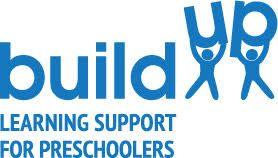What is Early On Michigan?
Early On is Michigan's system for helping infants and toddlers, birth to age 3 and their families who have developmental delay(s) and/or disabilities or are at risk for delays due to certain health conditions. It's designed to help families find the social, health, and educational services that will promote the development of their infants and toddlers with special needs.
Early On emphasizes early identification and early referral to enhance the development of infants and toddlers with disabilities, to minimize their potential for delay, and to recognize the significant brain development that occurs during a child's first three years of life.
"The goal of early intervention is "To enable young children to be active and successful participants in the early childhood years and in the future in a variety of settings..."
What Does Early On Look Like?
Research has proven that children learn best from their parents and caregivers in everyday activities - like diapering, bathing, eating meals, dressing, shopping and playing with siblings.
You know your child best, so you and your Early On provider will be working closely together on each home visit to figure out learning opportunities in your daily activities. Our focus is to support you in helping your child learn and participate in the things you do and the places you go. You will be provided guidance and support on how to use everyday activities to promote learning so that your child is receiving the best quality intervention.
Intervention = comes from the child's natural caregivers, who are usually parents and other caregivers. You provide the most effective practice, encouragement and guidance for your child to help him/her succeed.
Service = the professional activity from your Early On provider to ensure you have interventions you can use all the time between home visits, when child learning really happens.






